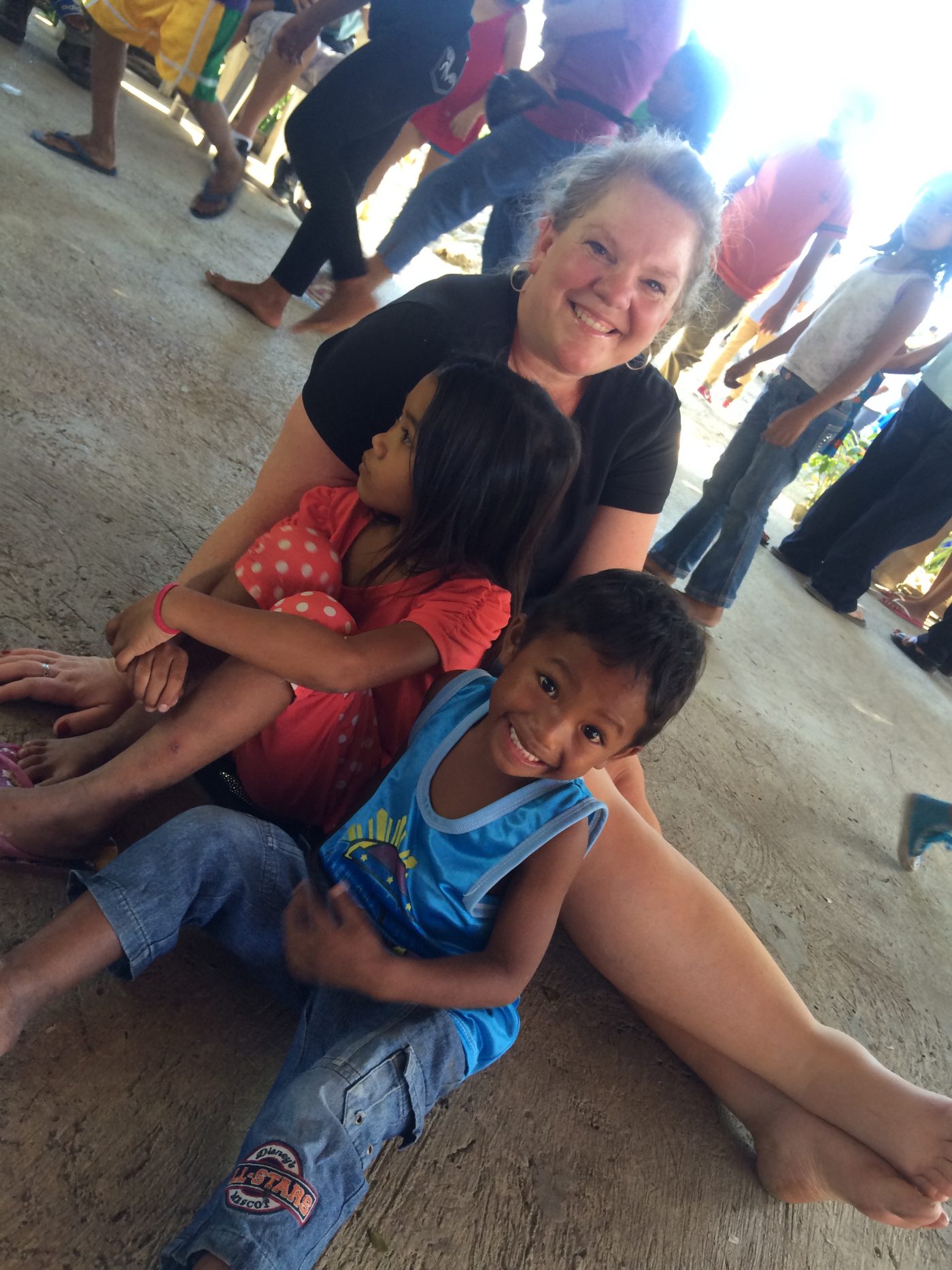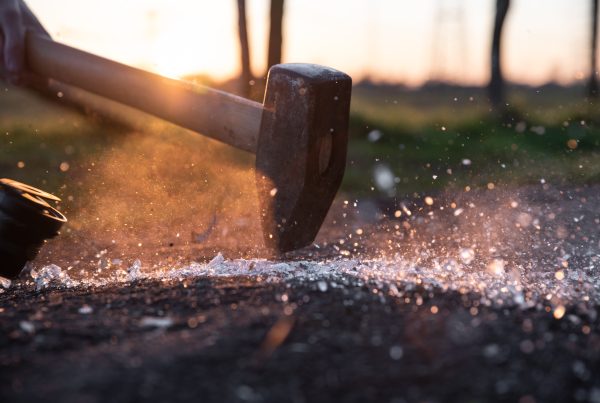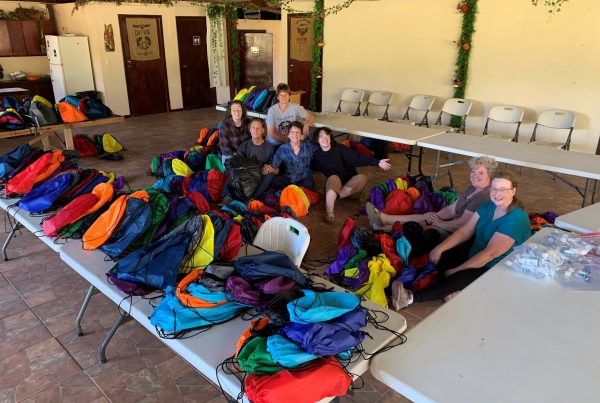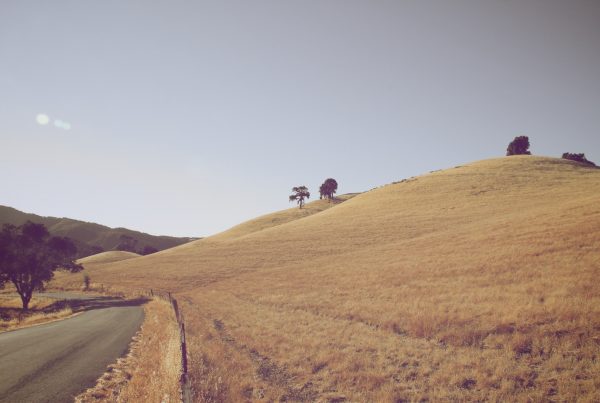Poverty Is a Spiritual Issue
Recently, I wrote a blog about visiting our brothers and sisters who reside in a city dump in the Philippines, while serving with Convoy of Hope. This is where I began to discover that poverty is a spiritual issue. The poverty of soul is so much more prevalent than the physical poverty that my five senses behold.
Here I continue from my journal:
“The next day, we walked through the dump in groups of four or five, with an interpreter, to visit the families of the children who are being fed in the feeding program.
We were telling them of Jesus’ immense love for them, praying for them, encouraging them to come to church, etc. This was particularly difficult to see. My mind was and is still reeling with the living conditions. They have built walls and floors out of anything possible; the trash trucks dump the garbage right there, so they go through it and use some of the stuff. It is so primitive.
No plumbing…
no running water…
only a little electricity.
They cook anywhere with hotplates or over a fire; the filth is unbelievable. They have pigs and ducks and chickens in their living quarters. They sleep on any available surface, there are clothes and worn out shoes scattered over everything. There is garbage and stinky water everywhere. The heat is stifling. The air is filled with smoke as there is always something burning.
As we would enter an abode, we would ask whoever was there if they had anything they would like us to pray for. We went into home after home, and I never once heard a prayer request for things. Not once for a better job, or better living conditions, or provisions.
I only heard them ask for prayer for relational things –
a family member that was facing illness,
someone falling away from God,
someone with a broken heart,
or someone who had just lost a loved one.
Not one request for better living conditions.
Unreal.
They were all crying over their loved ones. Nothing about their physical circumstances. I was wrecked! This culture is so relational, and the truly important things in life are their relationships and families.
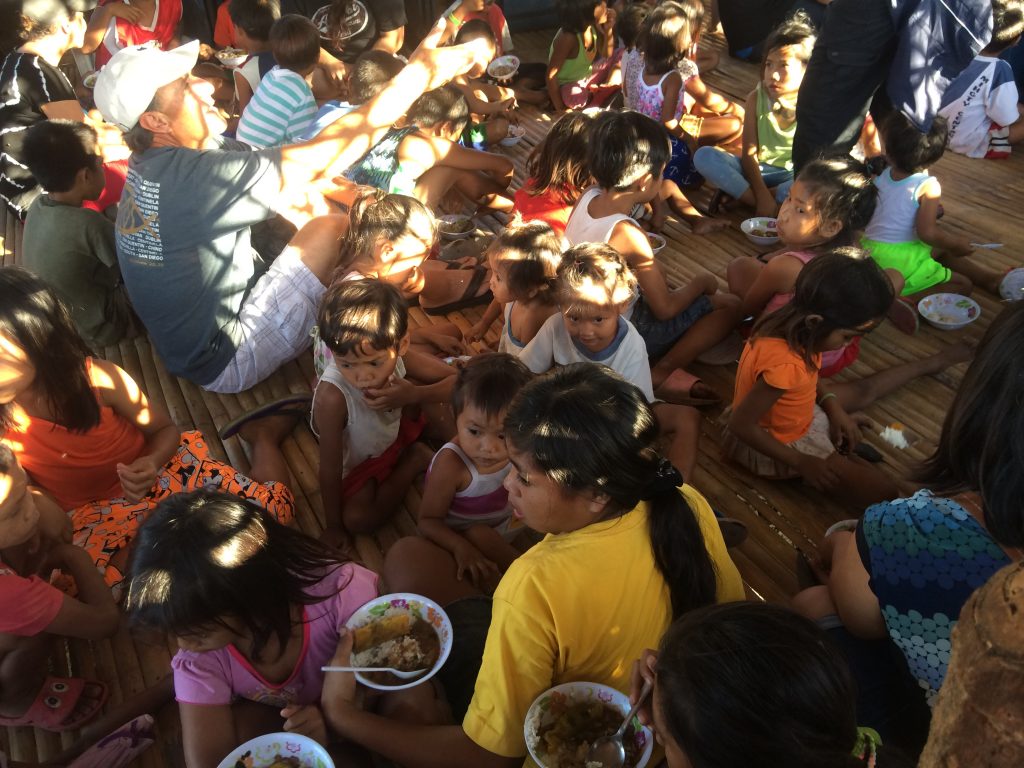
Later on, I got to have a conversation with the missionary’s wife, who is Filipino. As she is married to an American, I thought maybe she could give me some perspective from both cultures. I asked her about the children that grow up in the dump. When asked what their goals and dreams in life are, they have such a different answer than I would expect. My American, privileged eyes only see the conditions in which they live and my immediate thought is that surely they all want to get out of this desperate situation and do whatever it takes to ‘have a better life.’ Our culture and society is constantly chasing the ‘next better’ of everything: jobs, houses, cars, vacations, and even status and titles.
I wanted to know what the teenagers here in the Philippines, who live and exist in the dump, dream about. She told me whenever she asks them this question, they all have the same answer. It is not to go to school. It is not to get a job. It is not to be or do anything. They cannot answer the age-old question we ask our kids, ‘What do you want to be when you grow up?’ They do not know if they will survive tomorrow. Most of them do not know if they will eat today. The danger from crime and gangs, the scarcity of food, and the constant threat of sickness and disease causes them not to think about the future in terms of what they will do and how will they live. They are always in survival mode. There is never a break from crisis. Even if they would have an opportunity to finish their education, get hired for a job that actually pays (the jobs are more scarce than the food), and have the chance to ‘better’ their living conditions…this is not in the scope of their interests. That would mean having to leave their community, move into the city, and end up living in an apartment all alone without their family. The loneliness of this scenario is unthinkable – this is a culture that places the greatest value on relationships, not things.
The answer the teenagers give to the question, ‘What do you want to do or be in the future?’ is not a job or an education or a house, but to have children!! Their biggest dream in life is to have a child! They do not approach parenting the way our western mindsets do – responsibility, provision, education, etc. They all live together in survival mode and that is all they know. The happiness and joy they derive from such a life is the joy of having children. That is the only bright thing to look forward to in a future that is so unsure from one day to the next.
I am undone once again. I have been in homes today that were unlivable in my way of thinking, I have heard the prayers of desperation for the needs of loved ones and observed those living with their focus on people rather than material things or status. I asked the Lord to look through my eyes today and let me see what He sees. Overshadowing all the dirt, filth, grime, and stench was an overwhelming love for people.”
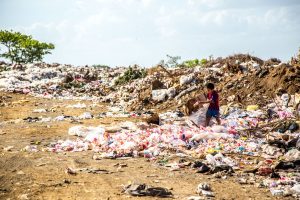
I would like to challenge us today – ask Him, the Giver of all Life and Love, to look through your eyes today and see what He sees. We are surrounded by people suffering from a poverty of soul. If you love Jesus and have experienced the New Life He paid a very high price for, you are carrying the answer to the hurts and pain of the people you see each day. It is His great pleasure to love those around you – through you.
Let’s change our world!

